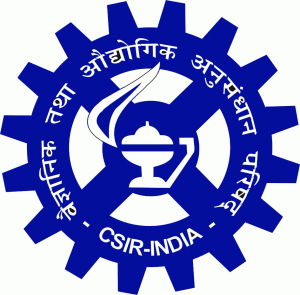National Institute for Interdisciplinary Science and Technology

The National Institute for Interdisciplinary Science and Technology (NIIST), Thiruvananthapuram, is a constituent Laboratory of the Council of Scientific and Industrial Research. Initially established in 1975 as a CSIR Complex, it was named as the Regional Research Laboratory in 1978 and later renamed as NIIST in 2007. Currently, NIIST is engaged in R & D programmes in areas related to Agro-processing and technology, Chemical Sciences and technology, Materials Science and Technology, Microbial processes & technology, Environmental Technology. The institute has established state-of-the-art facilities for conducting advanced research in the areas of interest. Pilot plant facilities for research training and process/product development in the areas of spices and oilseeds have been established. The institute has also been playing a significant role in Human Resource Development by training post graduate/graduate students, with over 252 Ph.D degrees awarded till date.